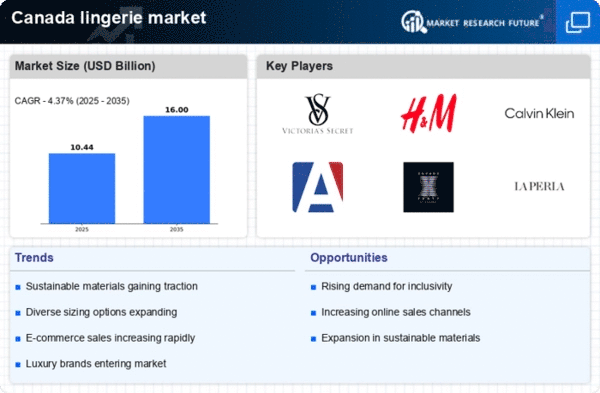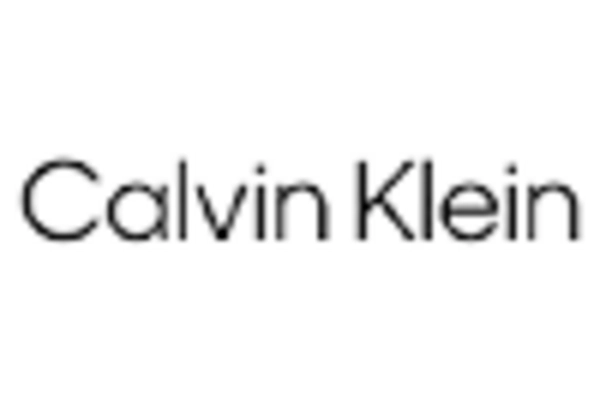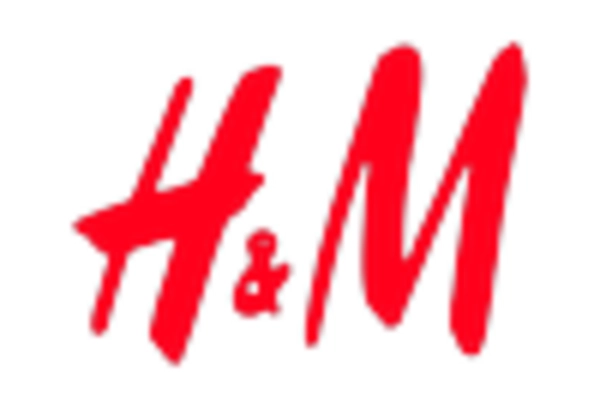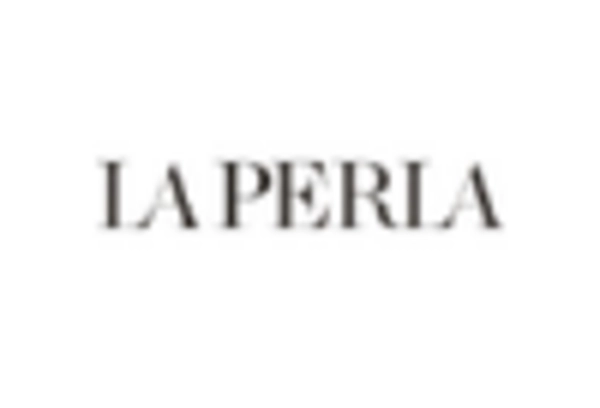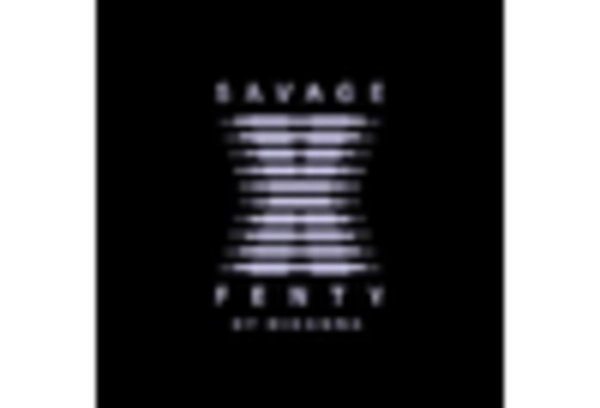Changing Fashion Trends
The lingerie market in Canada is significantly influenced by evolving fashion trends that emphasize versatility and style. As lingerie becomes more visible in everyday fashion, consumers are increasingly seeking pieces that can be worn as outerwear or layered with casual outfits. This trend is particularly popular among younger demographics, who view lingerie as a fashion statement rather than just functional apparel. Data suggests that the market for bralettes and stylish loungewear has grown by 20% in the past year, indicating a shift towards more fashionable options. Retailers are responding by expanding their collections to include a wider variety of styles, colors, and sizes, which may further enhance the appeal of the lingerie market to a diverse consumer base.
Rising Disposable Income
The lingerie market in Canada is experiencing growth driven by an increase in disposable income among consumers. As Canadians enjoy higher earnings, they are more inclined to invest in quality lingerie products. This trend is particularly evident among millennials and Gen Z, who prioritize comfort and style. According to recent data, the average disposable income in Canada has risen by approximately 5% annually, allowing consumers to allocate more funds towards personal apparel. This shift in spending habits is likely to bolster the lingerie market, as individuals seek to enhance their wardrobes with premium and fashionable options. Furthermore, the growing trend of self-care and personal investment suggests that consumers are willing to spend more on lingerie that reflects their personal style and comfort preferences.
Expansion of Sustainable Practices
Sustainability is becoming a pivotal driver in the lingerie market in Canada, as consumers increasingly demand eco-friendly products. Brands that adopt sustainable practices, such as using organic materials and ethical manufacturing processes, are likely to attract environmentally conscious consumers. Recent data indicates that 40% of Canadian consumers are willing to pay a premium for sustainable lingerie options. This shift towards sustainability is prompting brands to rethink their supply chains and production methods, potentially leading to a more responsible lingerie market. As awareness of environmental issues continues to grow, companies that prioritize sustainability may find themselves at a competitive advantage, appealing to a demographic that values ethical consumption.
Technological Advancements in Retail
Technological innovations are reshaping the lingerie market in Canada, particularly through the integration of augmented reality (AR) and virtual fitting rooms. These advancements allow consumers to visualize how lingerie will fit and look on them without physically trying it on. Retailers are increasingly adopting these technologies to enhance the shopping experience, which may lead to higher conversion rates. A report indicates that retailers utilizing AR have seen a 30% increase in online sales. Additionally, the rise of mobile shopping applications has made it easier for consumers to browse and purchase lingerie from the comfort of their homes. This technological shift is likely to attract a broader audience to the lingerie market, as convenience and personalization become paramount in consumer decision-making.
Increased Focus on Health and Wellness
The lingerie market in Canada is witnessing a shift towards health and wellness, with consumers increasingly prioritizing comfort and support in their lingerie choices. This trend is driven by a growing awareness of body health and the importance of proper fit. Brands that emphasize the use of breathable fabrics and ergonomic designs are gaining traction among consumers. Recent surveys indicate that 65% of women consider comfort as a primary factor when purchasing lingerie. This focus on health and wellness is likely to influence product development, as brands strive to create lingerie that not only looks good but also promotes well-being. Consequently, this trend may lead to a more competitive landscape within the lingerie market, as companies innovate to meet the evolving needs of health-conscious consumers.


